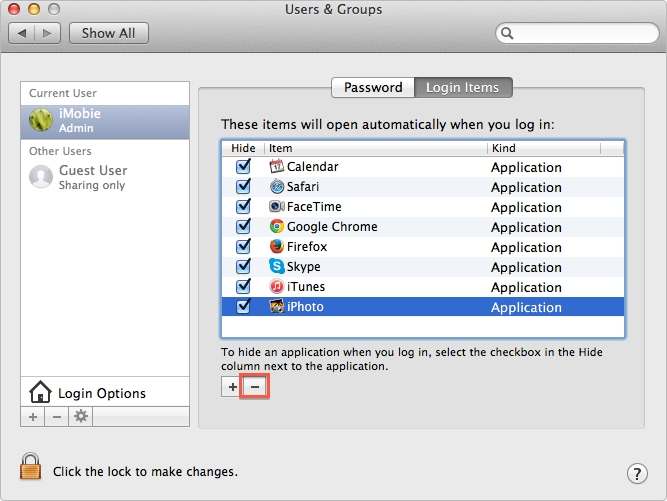
- #Mac runs slow on low battery install
- #Mac runs slow on low battery upgrade
- #Mac runs slow on low battery software
If you suffer from a MacBook that is taking longer than expected to startup it could be related to the items that are starting automatically with your operating system.
#Mac runs slow on low battery upgrade
The upgrade is free and may solve the problem of a Mac that is slowing down. Backup your data first, just in case something goes wrong. As long as your hardware meets the specifications, you should go ahead and upgrade your OS. You can visit this page to see if your laptop can handle Mojave, the newest iteration of macOS. If your OS is not the latest and greatest, it could lead to a slow MacBook. The macOS offers a computing experience that provides an intuitive way of accessing the impressive power that resides in your machine.
#Mac runs slow on low battery software
Free up some valuable disk space and speed up your MacBook at the same time.Īpple’s software engineers are constantly striving to improve your MacBook’s operating system. Using the intuitive interface and filters in the app allows you to obtain a list of the files on your computer.įind large files that you no longer need or duplicate files that can safely be deleted. Run the application and easily create a map of a selected disk volume.
#Mac runs slow on low battery install
Simply download and install Disk Drill on your MacBook. If you have less than 20% free space, you should seriously consider some disk maintenance.ĭisk Drill data recovery software offers a great free tool that can help you quickly accomplish this goal. If you feel you are running out of a room or want to trim the excess files to improve performance, it’s time to delete some files. You will obtain a graphic display that indicates how much of your disk is in use and how much is available. The easiest way to see how much of your hard drive is being used is to open up your Mac’s Disk Utility and select your main hard drive. People just seem to love downloading videos! A hard drive that is running low on space will definitely be one of the reasons that your Mac slows down. Downloading applications, creating documents, and storing digital media of all types can quickly start to eat up the free space on your hard disk. Over time you can fill up an incredible amount of storage without really trying at all. When you first started using the computer its storage capacity might have seemed more than sufficient for the activities which the machine was intended to perform.

One of the first places to look when you discover your Mac is running slow is your hard drive. It no longer offers you the lightning fast performance that you grew accustomed to enjoying. Then one day you open up your laptop and realize the sad truth that your MacBook is running slow. It might be the result of small, incremental changes that are not noticeable when considered individually. There’s no way around it, though many have tried. Applications and media files opened quickly and the performance lived up to all of your expectations.Īs we are all too well aware, time changes everything. Your MacBook was never more streamlined than those first few times you fired it up. If you consider the use of your computer to be anything more than a necessity, you probably have some fond memories of the early days with your MacBook. I personally own and make extensive use of a MacBook Air. For the purposes of our discussion, they are all considered comparable machines. It might be labeled a MacBook, MacBook Air or a MacBook Pro.

This article is aimed directly at owners of an Apple MacBook laptop computer.


 0 kommentar(er)
0 kommentar(er)
